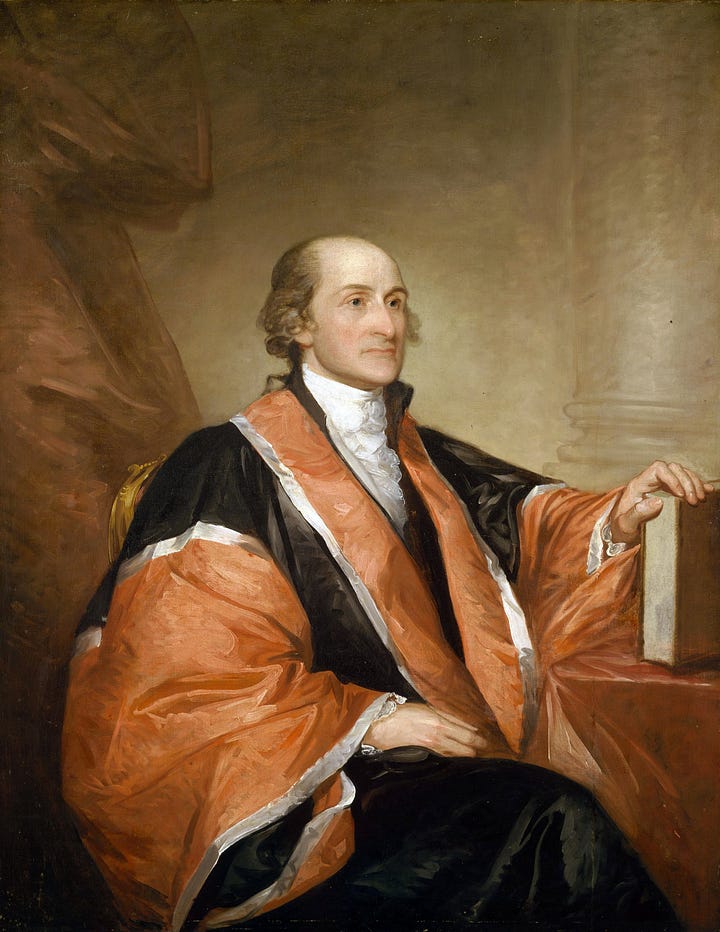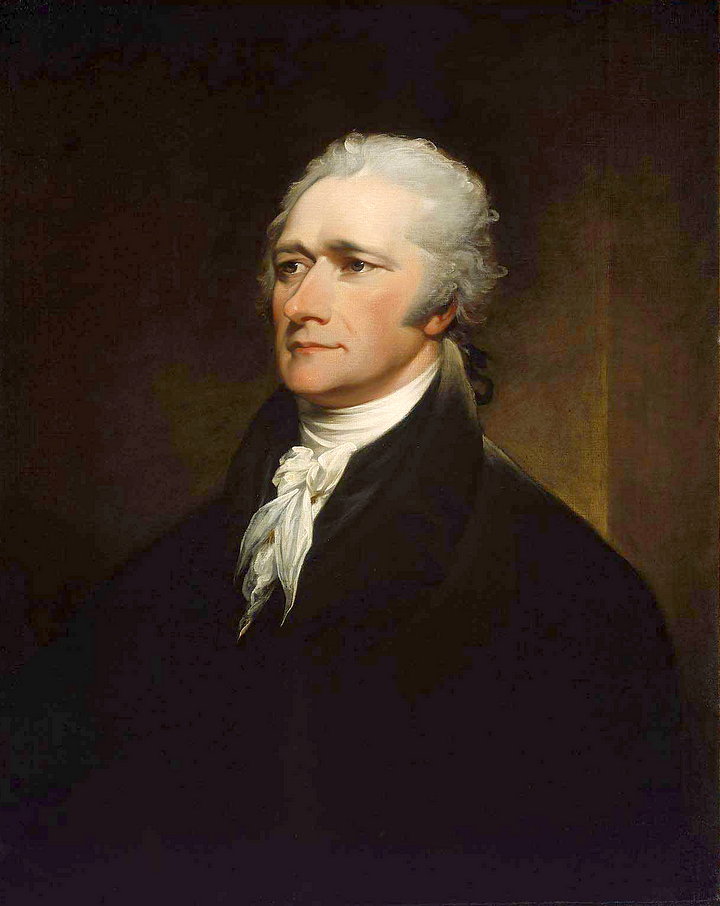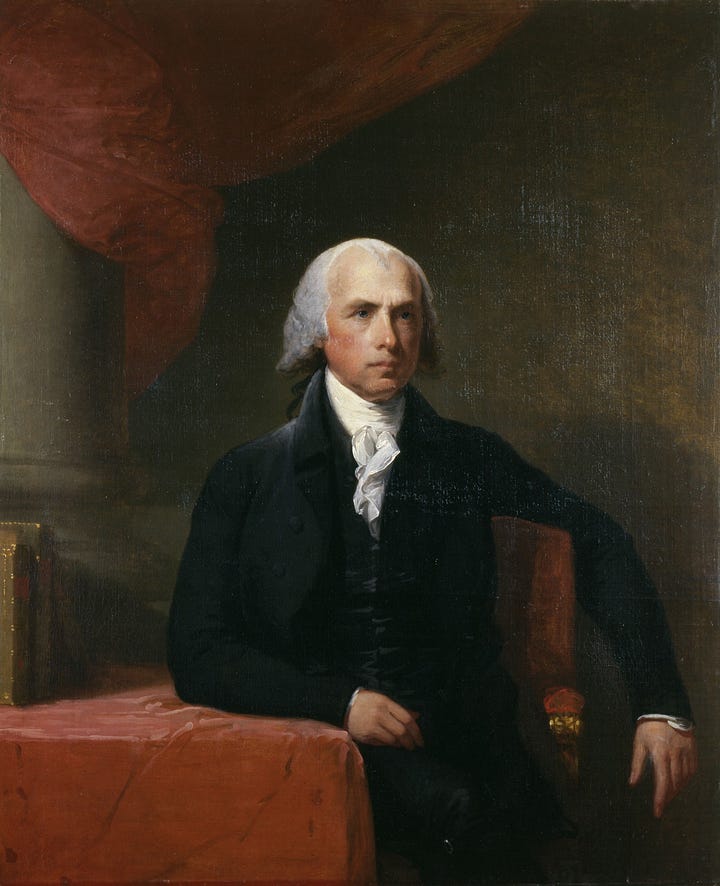
Angus King is my Senator and former Governor of Maine. When Angus King was Governor many laws that I interpret to be unconstitutional, pursuant to the Maine Constitution. were enacted. In particular Article IV Part Three Section 14 of the Maine Constitution was routinely violated under the administration of Angus King. It says this:
CONSTITUTION OF THE STATE OF MAINE
Article IV.
Part Third.
Legislative Power.
Section 14. Corporations, formed under general laws. Corporations shall be formed under general laws, and shall not be created by special Acts of the Legislature, except for municipal purposes, and in cases where the objects of the corporation cannot otherwise be attained; and, however formed, they shall forever be subject to the general laws of the State.
This section of the Maine Constitution which governs the powers of the Legislature, has been routinely violated many times over since 1976 when the Maine Legislature deemed that centrally managing the economy is an essential government function.
Since then, a singular phrase has been used repeatedly to charter an extensive corporate state network. That phrase is found in almost every statutory corporate charter. It is a declaration that the corporation is “an essential government function”. The apparent purpose of this ubiquitous phrase is to rhetorically position the corporations as cases where the objects of the corporations cannot be otherwise attained, except by special acts of Legislation, and this is all achieved through the agency of the Maine Legislature, the body which Article IV, Part Third of the Maine Constitution governs and prohibits from chartering corporations except “where the objects of the corporation cannot otherwise be attained”.
The declaration that an object is an essential government function, does not make that object otherwise unattainable within the private sector, especially not in a state widely engaging in public-private relationships. All that statement does is change the ideology of government.

And so, as Angus King attacks originalism via the vehicle of Amy Coney Barret, the Maine Constitution rings in my ears. I hear how the politicians must have justified aberrations of Article IV, Part Third, Sections 13 & 14 in order to establish and entrench the public private corporate state of Maine
During the confirmation hearings, Amy Coney Barrett professed to follow the judicial philosophy known as “originalism” , Angus King describes “originalism” like this:
Most famously associated with the late Justice Antonin Scalia (for whom Judge Barrett clerked), this idea sounds simple and sensible: In determining what the Constitution permits, a judge must first look to the plain meaning of the text, and if that isn’t clear, then apply what was in the minds of the 55 men who wrote it in 1787. Period. Anything else is “judicial lawmaking.” Amy Coney Barrett’s Judicial Philosophy Doesn’t Hold Up to Scrutiny
King goes on to argue that under the originalist interpretation of the Constitution, the air force would be unconstitutional because the text of the Constitution empowers Congress to establish “an army and a navy “ and does not authorize an air force.
However King’s example contradicts his own words, as well as an accepted tenant of originalist interpretation, that considers the words in the context of the intent of the Framers. The Framers left us the Federalist Papers to aid us in interpreting their intent, never mentioned by Angus King.
In the example of the powers of Congress to establish an army and a navy, the intent is clearly national defense, and there is no argument to be made in support of the air force not being a function of national defense, as there is an argument to be made about the SBIR.STTR grants used to develop products for a civilian commercial market and embedded into an act titled NATIONAL DEFENSE AUTHORIZATION ACT FOR FISCAL YEAR 2017 , to which Angus King voted YEA
Amazingly, King’s written words then go on to say:
So is the Air Force unconstitutional, even though it clearly fails both prongs of the “originalist” test? No, a more reasonable and obvious interpretation is that the Framers intended that the country be protected and that the Air Force is a logical extension of that concept,

How is one to interpret the words “ both prongs of the “originalist” test?” if not as interpretation by text and by intent of the founders, but King goes on to speak as if intent were not one of the two prongs he just brought up, although his argument against originalism rests on taking the words at face value and ignoring the intent, which even King says is national defense. If “intent” is not the second prong. Angus King is not telling us, what is!
After that King rambles on about the interpretation of many commonly used phrases, as if the purpose of the Judicial branch of government were not to interpret the law. Since interpretation of the law is the fundamental duty of the courts, Kings attack on originalism wanders into the realm of nonsense.
In a diatribe against originalism. King says “ Its real purpose is to justify a return to the legal environment of the early 1930s, when the Court routinely struck down essential elements of the New Deal. Business regulation, Social Security, and Medicare? Not so fast. The Affordable Care Act, environmental protections, a woman’s right to choose? Forget it. And this despite the Constitution’s preamble, which states that one of its basic purposes is to “promote the general welfare.”
That is all true but what is King’s point? He is not talking about the Constitution any more, he is just arguing that we wanna do what we wanna do, which is how Maine became a corporate state run by a command economy.
If King does not think the role of the court is to interpret the text and intent of the Constitution, then what does he think the role of the court’s should be? He doesn’t say. In the quote that follows, if you take away the parts that are a reiteration of originalism, King is saying only that times are different today than yesterday.
The Court must interpret and apply the terms of the Constitution according to their plain meaning (where there is a plain meaning) and the understanding and intent of the Framers (where there was such a thing). But it also must recognize that our understanding of our principles and values has expanded over time, and it must interpret the law in the context of that growth.
What is King implying when he throws in the “where there was such a thing” - as an intent of the Framers? Has King never read the Federalist Papers which go to great length to explain the intent of the Framers? It is because the Framers understood change and that their system may not be perfect, that they included a process by which a Constitution can be amended, constitutionally.
King then brings up landmark cases referenced by Amy Coney Barrett claiming ”Both decisions explicitly fail the originalist test, yet Judge Barrett asserts they were correctly decided” but King never makes a case in support of his own assertions. Which definition of originalism is King using when he claims the cases “failed the originalist test”? Is it the one where King claims originalism is a matter of literal interpretation of words, only, or the one that includes the intention of the Framers? He doesn’t say. as he tries to make the case that originalists are intellectually dishonest.
The point when the Maine Constitution rings loudest in my ears is when King brings up the phrase “general welfare” as quoted above.” And this despite the Constitution’s preamble, which states that one of its basic purposes is to “promote the general welfare.”
In the Maine Constitution the term “general welfare” is substituted with “common welfare”
CONSTITUTION OF THE STATE OF MAINE
PREAMBLE.
Objects of government. We the people of Maine, in order to establish justice, insure tranquility, provide for our mutual defense, promote our common welfare, and secure to ourselves and our posterity the blessings of liberty, acknowledging with grateful hearts the goodness of the Sovereign Ruler of the Universe in affording us an opportunity, so favorable to the design; and, imploring God’s aid and direction in its accomplishment, do agree to form ourselves into a free and independent State, by the style and title of the State of Maine and do ordain and establish the following Constitution for the government of the same
At the time the Maine Constitution was formed, the term “general welfare” had been around long enough to establish how widely such a phrase can be interpreted, The same is not true of “common welfare” which means common to all, in contradistinction to special interests, or targeted sectors.
Maine’s defense is mutual and separate from our common welfare and we seek to secure the blessings of liberty and implore God’s aid, rather than that of the central management by the government of man, in accomplishing the objects of government.
That’s how I interpret the preamble of The Maine Constitution. The preamble to the Maine Constitution is rarely mentioned by Maine politicians as they do what ever they wanna do.
Comments
Post a Comment